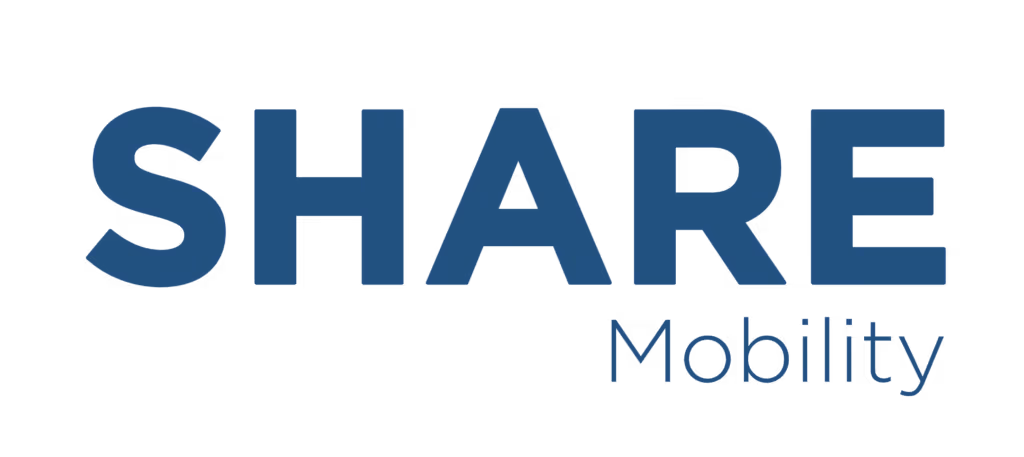Coaching Leaders vs. Managing Employees


Coaching Leaders vs. Managing Employees
Effective organizational coaching can delineate the difference when it comes to managing employees, versus developing leaders of tomorrow. The term ‘coach’ is symbolic, as it is derived from the old English horse-drawn stagecoaches. Before the development of automobiles, stagecoaches were a popular form of transportation. Just like the coaches of the past, coaching programs have become a growing trend to move organizations along the correct path to increase their focus on talent development. As organizations continue to think about improving their organizational development, they must consider different generational expectations, as it relates to coaching, and avoid common pitfalls by making small changes to better improve their organizational effectiveness.
For the first time, employers have to manage five different generations of employees at work <Need to Keep Gen Z Workers Happy?>. Whether it is your employee’s first day on the job, or they are heading towards retirement, each employee has their own developmental needs. Studies have shown that millennial workers are not only more focused on career mobility, but also want to receive more timely feedback <Millennials Want to Be Coached at Work>. Along with great management, effective organizational coaching can ensure employees feel that they are on a well plotted path at your organization. Not only will this help retain your top employees, but increases their level of engagement in their work.
While it is important to make sure your organization is investing in leaders of tomorrow, don’t lose sight of those employees who are on their way towards retirement. Individuals at every level of the organization can benefit from effective coaching, especially those who are about to transition from a corporate life to a retired life. Although the data suggests younger generations are the growing market for organizational coaching, it is important that your coaching program is tailored to all of your employees, and their coaching needs.
Every organization is different, and so is every employee. This being the case, below are three start and stop actions you can implement today to become a more effective organizational coach <Leadership Development: Common Coaching Pitfalls>.
Stop: Passive listening. It is human nature to want to relate to similar experiences in order to give people advice. Great coaches are great listeners, by putting the spotlight on those being coached and giving them the opportunity to speak about their goals and aspirations.
Stop: The annual, bi-annual review session. It is common amongst companies to set up coaching programs that only meet a couple times a year. Effective coaching is an ongoing process that takes commitment from both parties, in order to truly enhance performance.
Stop: Asking leading questions. Managers often feel they know the best answer to solve a particular problem. Effective coaches provide employees with resources they need to solve problems, as opposed to sending them down a certain path by asking specific questions.
Start: Asking inquisitive questions. While listening is an important skill for an effective coaching, great coaches ask great, thought provoking questions. Questions phrased with “how” or “what”, typically do a much better job than questions that result in a “yes” or “no” response.
Start: Devoting specific time to coaching. Be sure to tailor your coaching based on the needs of the individual being coached. Based on personal preferences, individuals may prefer to receive coaching via different vehicles (in person, over the phone, facetime, etc.), and at different times (real time coaching, meeting once a week/month etc.).
Start: Setting attainable and measurable goals. Coaching is all about getting individuals where they need to go (think ‘coach’). The SMART goal method is a common technique used to help individuals set realistic goals that can be tracked using relevant metrics <SMART Template>.
At SHARE Mobility, we think about how to solve mobility roadblocks that hinder employment for everyday individuals. Effective organizational coaching can help ensure that employees continue to mobilize through the organization. By individualizing coaching efforts and being mindful of common pitfalls and best practices, organizations can continue to be confident in their ability to develop our leaders of tomorrow.






